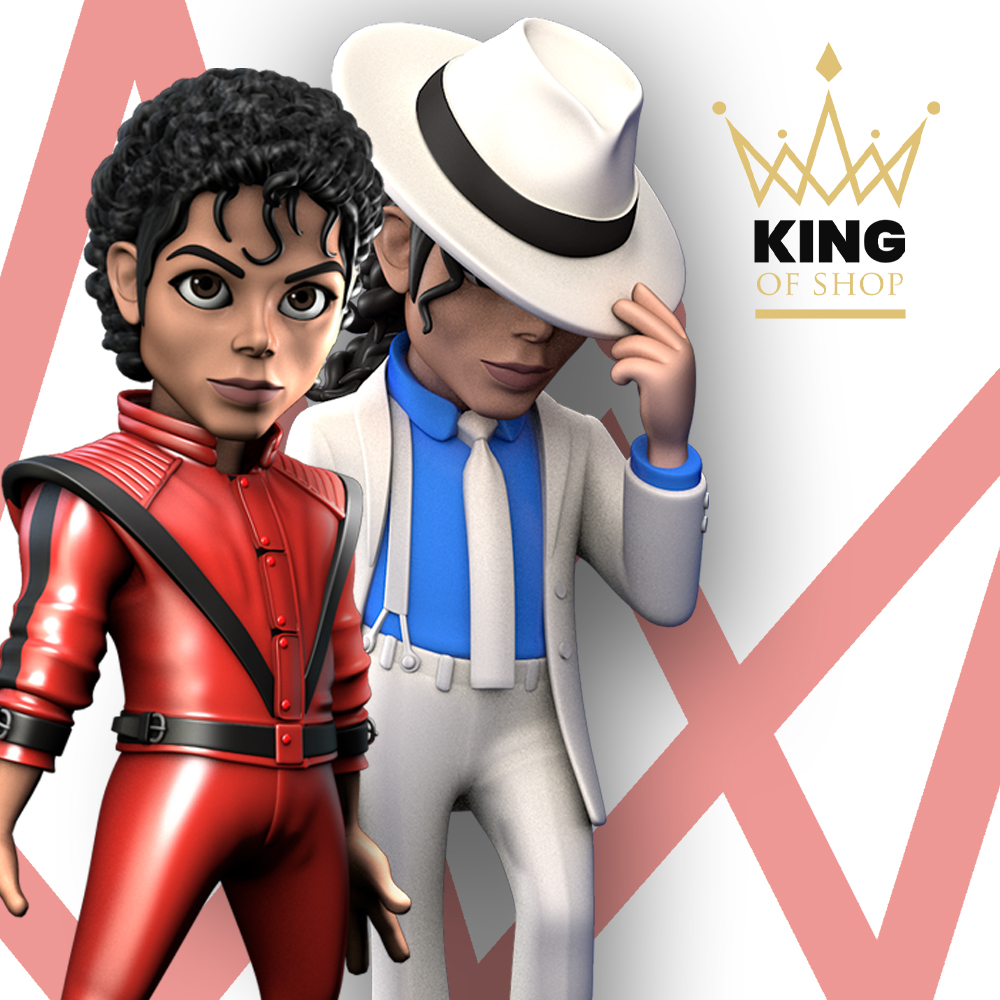Michael Jackson’s “performance” at the Billboard music awards was made possible by a hologram, right? Wrong.
News has emerged that Jackson’s digital image was projected using an old magicians’ trick that has its origins in the 16th century.
The two-dimensional illusion technique is widely known as “Pepper’s Ghost”, after 18th-century British scientist John Henry Pepper, who developed it from the invention of British engineer Henry Dircks. It was first used during a Christmas Eve production of Charles Dickens’s playThe Haunted Man in 1862, then adopted in British theatre and magic circles. These days, low-budget versions are used at theme parks, but similar technology is also used in televisions newsreaders’ teleprompters.
 Michael Jackson’s so-called hologram takes the stage.
Michael Jackson’s so-called hologram takes the stage.
That doesn’t mean Jackson’s appearance was a cheap trick knocked up on the run. According to billboard.com, Jackson’s “appearance” was the result of nearly six months “planning, choreography and filming, not to mention the development of new technology”. With only eight days until Monday’s Billboard show, even edgy event producers hadn’t seen any footage .
The choreography was done by long-time Jackson collaborators Rich and Tone Talauega, and Jamie King, who produced the Michael Jackson Cirque du Soleil shows. The Talauega brothers drew up dance moves for the computer-generated image of Jackson, which Billboard speculated dated from the HIStory tour era, circa 1997. That would have made Jackson at least 39 in the digital images used, although the image looked younger than that.
The same high-quality Pepper’s Ghost technique has been used widely in recent years, such as Tupac Shakur’s “hologram” performance at the 2012 Coachella Music and Arts Festival. Madonna used it when she performed besides cartoon members of Damon Albarn’s Gorillaz group at the 2006 Grammy Awards.
 The magic trick danced to the new Jackson single Slave to the Rhythm.
The magic trick danced to the new Jackson single Slave to the Rhythm.
India’s Prime Minister-elect Narendra Modi has used the technique many times to present speeches, most recently in April when he “appeared live” at 88 locations across India.
A life-sized Shane Warne was even shown off at the National Sports Museum at the MCG in 2008 using the technique.
Pepper and Dirck were building on ideas that had been first mentioned by 16th-century Italian philosopher Giambattista della Porta from Naples, who was known as “the professor of secrets”, and was obsessed with magic and the occult. Della Porta also developed the idea of camera obscura, the prototype of the camera.
Pepper lived in Australia between 1879 and 1889, and toured the country giving lectures and demonstrations, and eventually teaching chemistry in Queensland.
The publicity Jackson’s “performance” achieved could lead to new research in the area, which is likely to be discussed at a Stanford University conference called Entertainment Technology in the Internet Age in June, according to The Hollywood Reporter.
“[While Jackson] was a Pepper’s Ghost effect, we are looking at ways to make [these experiences] more realistic and interactive,” University of Southern California computer science research professor Paul Debevec told THR.
“I see it actually becoming three-dimensional and also interactive so that the performers are responding to the audience – almost puppeteered through motion capture while we start to build artificial intelligence into these performances. That’s pretty far off, but I think that’s where it needs to head.”
SOURCE: SMH



